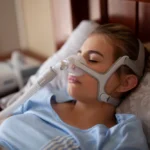Sleep apnea is a common disorder that affects millions of Americans and a billion people worldwide. Nevertheless, most people are not aware they suffer from it. It’s characterized by disruptions in breathing while you sleep, leading to a lack of restful sleep and a lot of potential health risks. But what exactly is sleep apnea, and why is it considered dangerous?
What is Sleep Apnea?
Sleep apnea is a sleep disorder that occurs when the muscles in the back of your throat fail to keep your airway open, despite the effort to breathe. This results in brief periods where you stop breathing, leading to frequent awakenings and a lack of deep sleep. There are two main types of sleep apnea: Obstructive Sleep Apnea (OSA) and Central Sleep Apnea (CSA).
But Why Is Sleep Apnea Dangerous?
- Fatigue and Daytime Sleepiness: Sleep apnea disrupts the normal sleep cycle, preventing individuals from achieving restful sleep. As a result, they often experience excessive daytime sleepiness, which can lead to difficulties in concentrating, reduced productivity, and an increased risk of accidents, particularly while driving or operating machinery.
- Impaired Cognitive Function: The interrupted sleep patterns caused by sleep apnea can impair cognitive function, affecting memory, attention span, and the ability to think clearly. This can have negative implications for work, school, and other daily activities.
- Relationship Problems: The chronic snoring and abrupt awakenings associated with sleep apnea can disrupt the sleep of bed partners, leading to relationship strain and potential resentment. In some cases, couples may resort to sleeping in separate rooms to alleviate the impact on their sleep quality.
- Sexual Dysfunction: Sleep apnea has been linked to sexual dysfunction, including erectile dysfunction in men and decreased libido in both men and women. The disrupted sleep patterns and oxygen deprivation associated with sleep apnea can contribute to these issues.
- Metabolic Disturbances: Sleep apnea has been associated with metabolic imbalances, including insulin resistance and an increased risk of obesity. Disrupted sleep can affect the hormones that regulate appetite, leading to cravings for high-calorie foods and an increased likelihood of weight gain.
- Increased Risk of Accidents and Injuries: The daytime sleepiness and impaired cognitive function resulting from sleep apnea can increase the risk of accidents and injuries, both at home and in the workplace. This poses a danger not only to the individuals with sleep apnea but also to those around them.
- Complications during Surgery and Medication Use: Individuals with untreated sleep apnea may be at higher risk of complications during surgical procedures and may have adverse reactions to certain medications, particularly those that can depress the respiratory system.
Risk Factors
- Excess weight: Obesity greatly increases your risk of being affected by sleep apnea. Fat deposits around your neck can block your breathing.
- Having a neck circumference greater than 17 inches: People with thicker necks tend to have narrower airways. This is why a lot of athletes who play sports such as basketball, American football or wrestling have sleep apnea, because they have a lot of muscle around the neck which adds to the pressure on the airways.
- Being older: Sleep apnea occurs significantly more in older men than in younger men, but is still extremely common at any age.
- Family history: Having a first degree relative with sleep apnea might increase your risk fourfold.
- Smoking: People who smoke are 3 times more likely to suffer from sleep apnea compared to those who have never smoked. Smoking increases the amount of inflammation and fluid retention in the upper airways.
- Nasal congestion: If you have trouble breathing through your nose due to allergies or anatomical problems, you are more likely to have sleep apnea.
- Medical conditions such as hormonal and cardiovascular disorders
If sleep apnea is dangerous, can it be treated?
Fortunately, sleep apnea is a condition that can be effectively managed with appropriate treatment strategies. Lifestyle changes such as losing weight, avoiding alcohol and sedatives, and sleeping on their side can help reduce sleep apnea symptoms.
Maintaining a healthy weight can help reduce the pressure on the airway, and avoiding alcohol and sedatives can help reduce sleep apnea symptoms. Although these lifestyle changes can make a difference, they are often not enough to completely treat sleep apnea alone.
CPAP therapy is a common treatment for sleep apnea. A CPAP machine delivers a constant stream of air through a mask that is worn over the nose or mouth during sleep. The air pressure is set to a level that is just enough to keep the airway open.CPAP therapy can be effective in reducing the number of apneas and improving the quality of sleep.
Dental appliances can also be used to treat sleep apnea. These appliances, which can be worn in the mouth during sleep, reposition the jaw and tongue to help keep the airway open. They can be effective for people with mild to moderate sleep apnea but may not work for everyone.
Surgery is another option for treating sleep apnea. Surgery can be used to remove excess tissue from the airway or to reposition the jaw and tongue, or the tongue alone, to help keep the airway open.
The best treatment for you will depend on the severity of your sleep apnea, your overall health, and your personal preferences.
Register as a new Ognomy patient here, or install the app from the Appstore or Google Play.
By addressing sleep apnea effectively, you can significantly improve your quality of life, reduce the risk of associated health complications, and enjoy restful, rejuvenating sleep once again.












